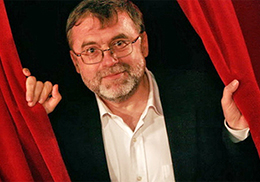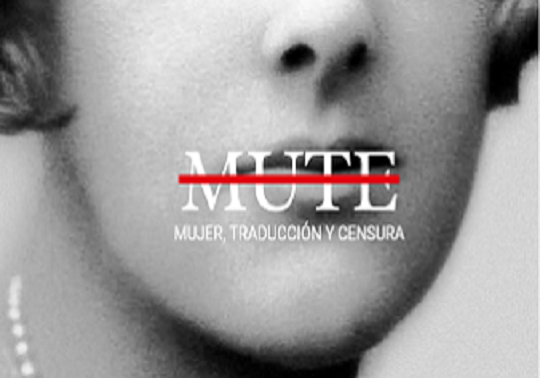
Literature didactics as an area for reflection has been created in the last decades, according to Teresa Colomer in her study: “La didáctica de la Literatura: temas y líneas de investigación e innovación” (Didactics in Literature: innovation and investigation topics and lines).
30 june 2016
During the 60’s the model of literary education -consolidated in the XIX century- became obsolete before a mass society that “arised in post industrial Western countries”, Colomer points out. This model did not has the purpose of teaching literature, but it understood literature as “an elocution activity that prepared for professional activities”, emphasises the author. Rhetoric was based on dominating textual and speech elements while Greek classics instilled moral values.
Historical changes that affects cultural and social production creates obvious implications in the evolution of teaching literature. This is due to literature is located in social representation field and so that, it reflects and helps to configurate values and ideology. As the author of the essay explains, literature participates in the institutionalization of the culture through the construction of the collective imagination. Thus, the used educational model will correspond with the vision of each society.
Literature is located in social representation field and so that, it reflects and helps to configurate values and ideology
During XIX century a new function was given to literary education influenced by Romanticism, Positivism and the creation of national states. According to Colomer, in most countries “literary historiography chose authors and key works from national heritage and created a consciousnes of a cultural past that had to become known during school years”. This thought still remains nowadays.
Literary historiography chose authors and key works from national heritage and created a consciousnes of a cultural past that had to become known during school years
In this regard, the study of a History manual, with explanations and exercises to do, has been the usual practice in literary education, as a way of access to culture. This method is stable and has remained this way in every educational stages -from school to university-, creating a community of readers. However, the author points out that this notion came out from the idea of literary language as a model of language expression.
The causes that explain the failure of this educational and linguistics method are:
- The new postindustrial organization of societies, along with a strong demographic boom.
- The end of literary education as the central axis of traineeships configuration. The necessity of adopting a functional vision of reading.
- The failure of democratisation hopes and social progress through school. Limited language knowledge.
- Theoretical changes produced in referring disciplines.
At first, the progresses in linguistic theories during the 60’s promoted the renovation in language and literature fields. The new ground considered literature as a deviation from the norm and it was included in the functional learning of reading, understood as a social way of accessing information and fiction.
“The worries of language teachers were focused on matters such as oral language, relation with mass media or image reading, while classes were focused on learning linguistic description and communicative exercises”, Colomer says.
The progresses in linguistic theories during the 60’s promoted the renovation in language and literature fields
What happened in other countries?
- France: the nature of literary language derived to semiotics and their explanatory proposals were intented to apply in text comments.
- Italy: In 1972 Sintesi di Storia Litteraria de Asor Rosa appeared. It set out the role of literature in mass society. Eco’s work was also very important since it added the relation between text and reader.
- English Speaking countries: Widdowson’s works are important. Widdowson placed the didactics changes from linguistics theories in literary context; or Fish’s, that related teaching with literary criticism according to the new reception of text’s dynamics.
Hence, new theorical perspectives considerate again literature’s epistemological value, its cognitive ability, according to the author’s words. “Teaching Literature” is replaced by “Literary Education”. This education is justified by a reformulation of literature role in the training of citizens as a way of cultural construction of the individual.












